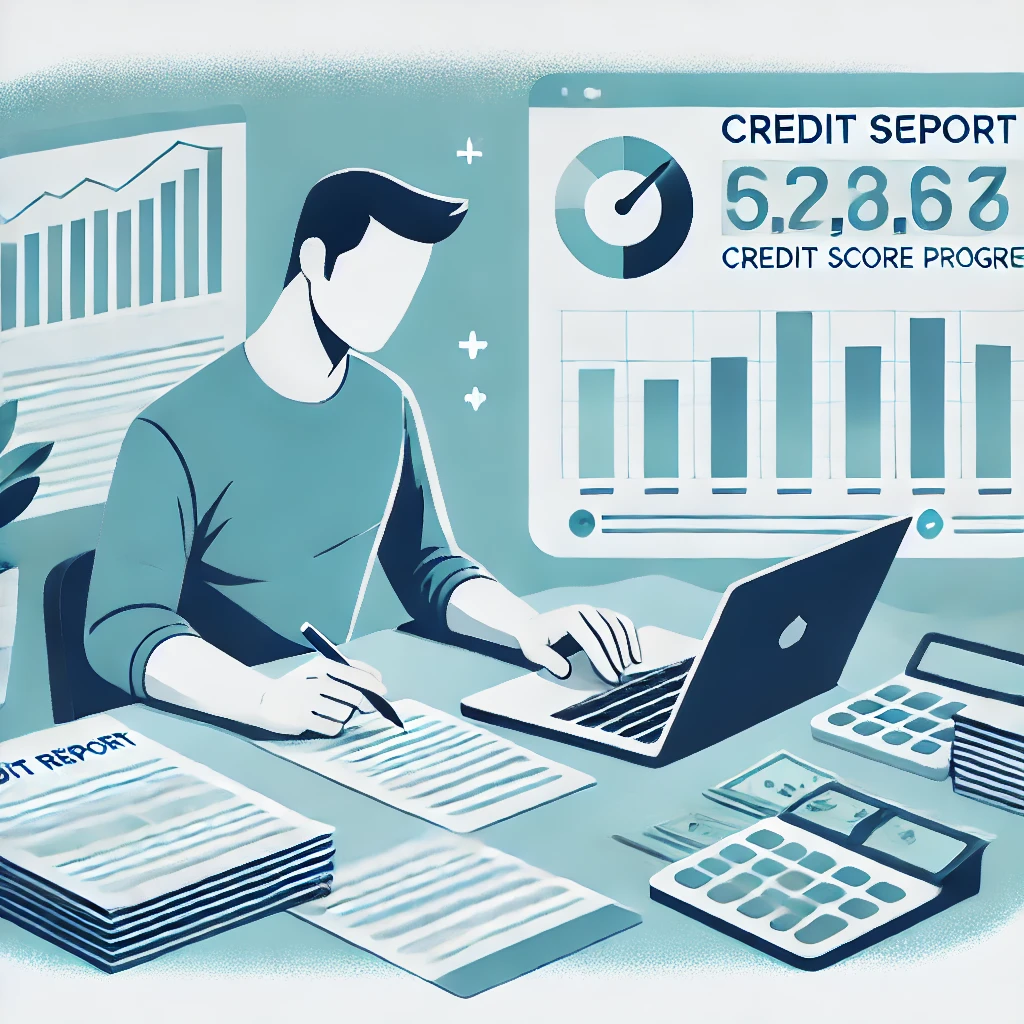Credit planning is a crucial aspect of financial management that helps individuals and businesses maintain healthy credit scores, minimize debt, and achieve long-term financial goals. In this guide, we’ll walk you through the key steps to effectively plan your credit and secure a solid financial future.
1. Understanding Credit Planning
Credit planning involves managing your credit accounts, understanding your credit score, and developing strategies to maintain or improve your financial health. It’s not just about paying off debt; it’s about smart borrowing and saving decisions that set you up for long-term success.
2. Check Your Credit Score Regularly
Before you dive into credit planning, it’s essential to know where you stand. Your credit score plays a significant role in securing loans, mortgages, and even job opportunities. Regularly checking your credit score helps identify any discrepancies and allows you to correct them promptly.
3. Create a Budget
A solid budget forms the foundation of any good credit plan. List your income, expenses, and existing debt obligations. This will help you understand your cash flow and identify areas where you can save or adjust spending to free up more money for debt repayment.
4. Establish Clear Credit Goals
Set realistic and measurable goals for your credit journey. Whether it’s paying off credit card debt, improving your credit score, or qualifying for a mortgage, clear goals will help you stay on track and motivated.
5. Manage Debt Wisely
Don’t let credit card debt accumulate. Try to pay off your balances in full each month to avoid interest charges. If you have existing debt, prioritize paying off high-interest debts first while making minimum payments on others.
6. Diversify Your Credit Accounts
Having a mix of credit types (credit cards, auto loans, mortgages) can boost your credit score, but it’s crucial to use them responsibly. Avoid opening too many accounts in a short period, as it can negatively impact your score.
7. Keep Your Credit Utilization Low
Credit utilization is the ratio of your credit card balance to your credit limit. Keeping it below 30% can positively affect your credit score. Avoid maxing out your cards and try to maintain low balances.
8. Avoid Late Payments
Late payments can severely damage your credit score. Set up automatic bill payments or reminders to ensure you never miss a due date.
9. Build an Emergency Fund
An emergency fund ensures that you don’t have to rely on credit cards during financial emergencies. Aim for at least 3-6 months of living expenses to stay financially secure.
10. Regularly Monitor Your Credit Report
Stay vigilant by checking your credit report for inaccuracies. Dispute any errors promptly with the credit bureaus to ensure your credit score accurately reflects your financial habits.
Conclusion:
Credit planning is essential for maintaining financial health and achieving your long-term goals. By taking proactive steps, you can build a strong credit profile that opens doors to better financial opportunities. Start with these foundational steps and continue refining your credit plan as your financial situation evolves.




